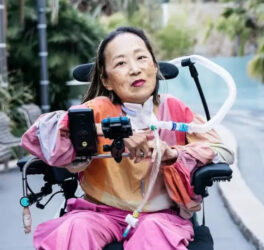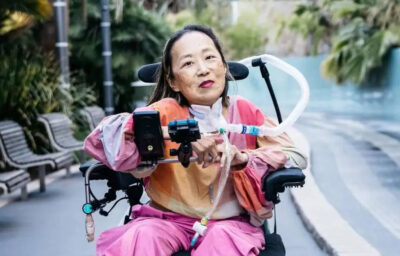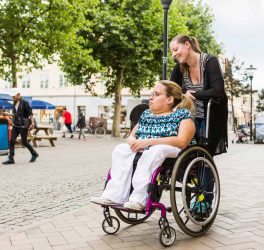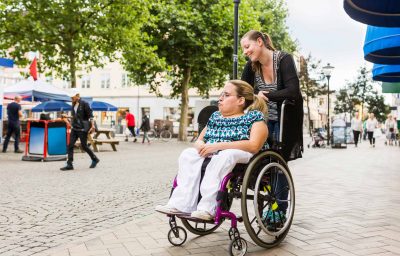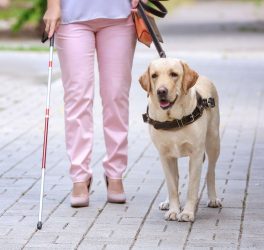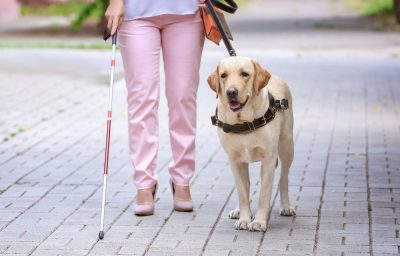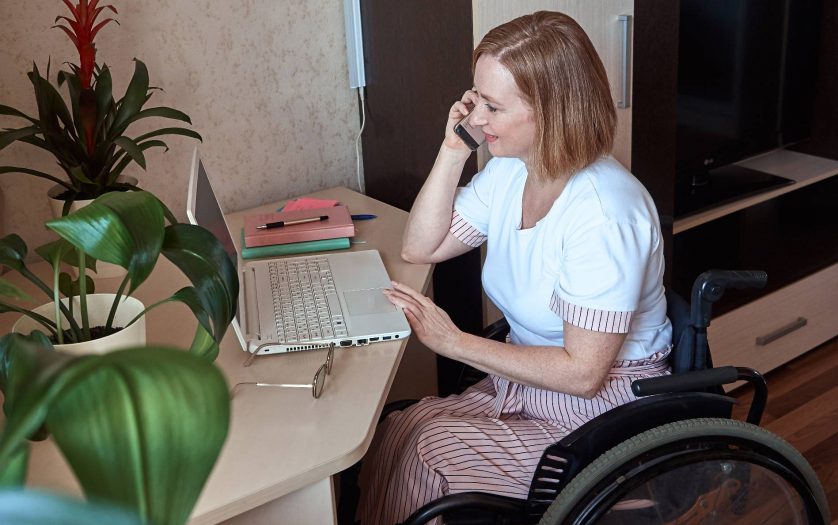
Research suggests an increase in remote and flexible working since the COVID-19 pandemic could make the legal profession more accessible for lawyers with disabilities.
A survey of over 100 lawyers with disabilities by the Legally Disabled research team based at Cardiff University, in partnership with the Law Society of England and Wales, found working from home during the COVID-19 outbreak enabled the majority of respondents to manage their disability more effectively.
Its results show 70% of those surveyed would prefer to continue working remotely in the long-term.
During the COVID-19 lockdown, many law firms, legal businesses and in-house teams began allowing all staff to work from home – a reasonable adjustment which many disabled lawyers had requested before the pandemic.
One respondent said: “It’s easier to work from home, as everyone is doing so, which is useful for me. Because everyone is asking for adjustments, it normalises it for those with disabilities who need them.”
Debbie Foster, lead researcher on the Legally Disabled project and Professor of Employment Relations and Diversity at Cardiff Business School, said: “In most cases, homeworking has given disabled people greater control over how they manage their impairment and working environment. We found many disabled people experienced higher levels of trust and autonomy during lockdown and found training, career development and networking more inclusive and accessible.”
Homeworking creates new and exciting opportunities for imaginative and inclusive job redesign in a sector that has clung to traditional practices, but the real future challenge will be to develop an inclusive and integrated model of hybrid working that enables disabled people to access public as well as private spaces.
The survey ran from the 23rd July to 16th August 2020 and asked 108 respondents questions relevant to their work during the period from lockdown in March of 2020 to July/August of 2020. It was restricted to lawyers with disabilities in training or employment or actively seeking training and employment, who saw their professional body as The Law Society of England and Wales.



